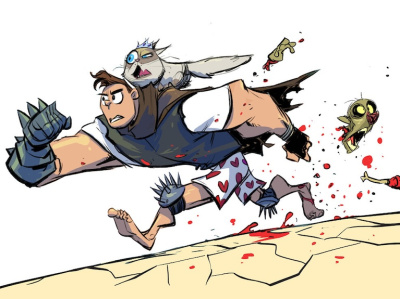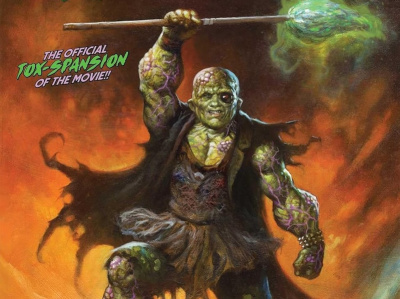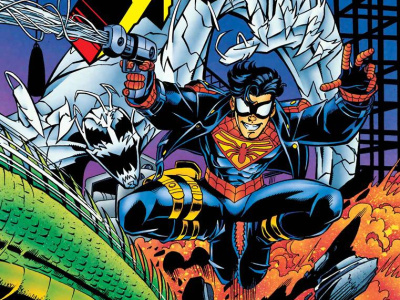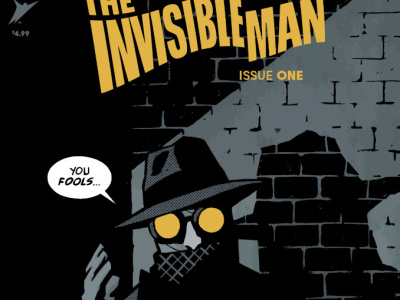Now Comics' Tony Caputo saw some of the reactions (see 'Matt Forbeck on Marvel Licensing Its Characters' and 'Steven Bates of Bookery Fantasy on Marvel Licensing Its Comics') to his comments on Marvel licensing its comics (see 'Now Comics' Tony Caputo Asks What If') and adds some additional thoughts.
The business of 'licensing' an intellectual property includes strict guidelines and even a model book from which the licensee must work. Licensing Marvel's characters will not change Marvel's editorial direction, exploit, or tarnish their IP any more than an existing creative team today might. Any licensor/owner retains complete control and approval over all plots, stories, artwork, colors, covers, etc; they have complete control, and it's always in the contract. The job of a licensor is protecting the intellectual property. I've gone through this with Real Ghostbusters, Slimer, Terminator, Speed Racer, Astro Boy, Baron Bunchausen, Fright Night, Little Monsters, Universal Soldier, Green Hornet, Three Ninjas, and more. Columbia Pictures rejected having Marc Hansen write Married with Children, not because he wasn't funny or good enough, but because of Ralph Snart Adventures. They have complete control.
Licensing would no more 'mess up the characters and the Marvel Universe' than the current editorial team. I'm sure there are fans that think creative talent may be doing that right now, published under Marvel Comics. The issue is that licensing them would save corporate Marvel Enterprises millions of dollars a year, provide them with far more scalability beyond their existing infrastructure (you can publish far more titles if you have ten licensors doing it for you), and negotiating power at the end of each licensing term.
In addition, it wouldn't be the end of the 'Marvel Universe' at all because Marvel still owns all the rights and would be the only authority to allow permission for any character crossovers between companies. No problem if they're all Marvel characters. The editorial policies would be the same. As far as newly created characters within these licensed comic book stories, well the licensor owns all copyrights to the stories, and trademark, just like The Green Hornet, Inc. owns all the characters created in all the Now Comics in its six year run.
The 'House of Ideas' wouldn't be attractive to any corporate investor, because you're starting from scratch with zero recognition and sales history. The investors didn't buy into Marvel Comics because they're the 'House of Ideas.' Investors bought into Marvel Comics because they have 4700 mature intellectual properties, many highly-recognized worldwide with the power to sell anything from underwear to movie tickets. Do you think kids today are buying Spider-Man comic books because they like comic books, or because they like Spider-Man?
This is a natural evolution of any IP corporation. It's just taken Marvel Comics longer to get there, because of the lack of respectability comic books have had as literature and as a business in this country for decades. Thanks to entertainment technology, Marvel can reap the benefits of decades of publishing, and move into movies, which can be more profitable. However, this is not to 'support' the comic book publishing.
For example, if they spent $40M (the annual costs of Marvel Comics), on one film production that brought in $200M worldwide, that's more than double the revenues of all of Marvel Comics, but for a single production.
If they produce four films within two years costing $300M, and all four films only make $500M worldwide, that's still double what Marvel Comics made.







